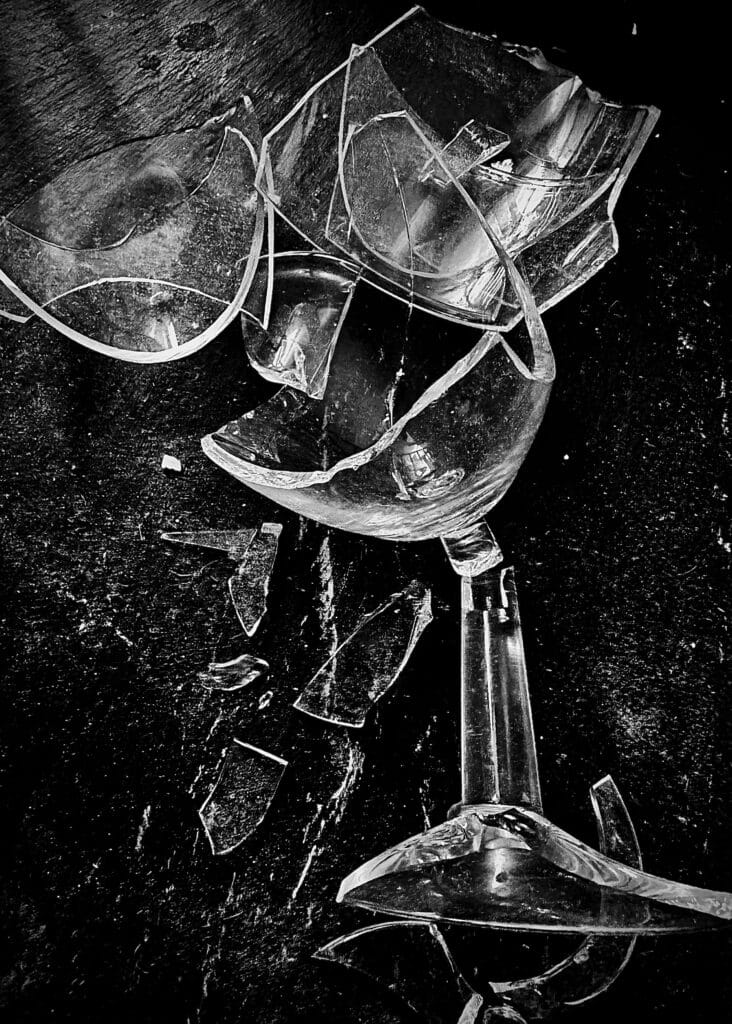
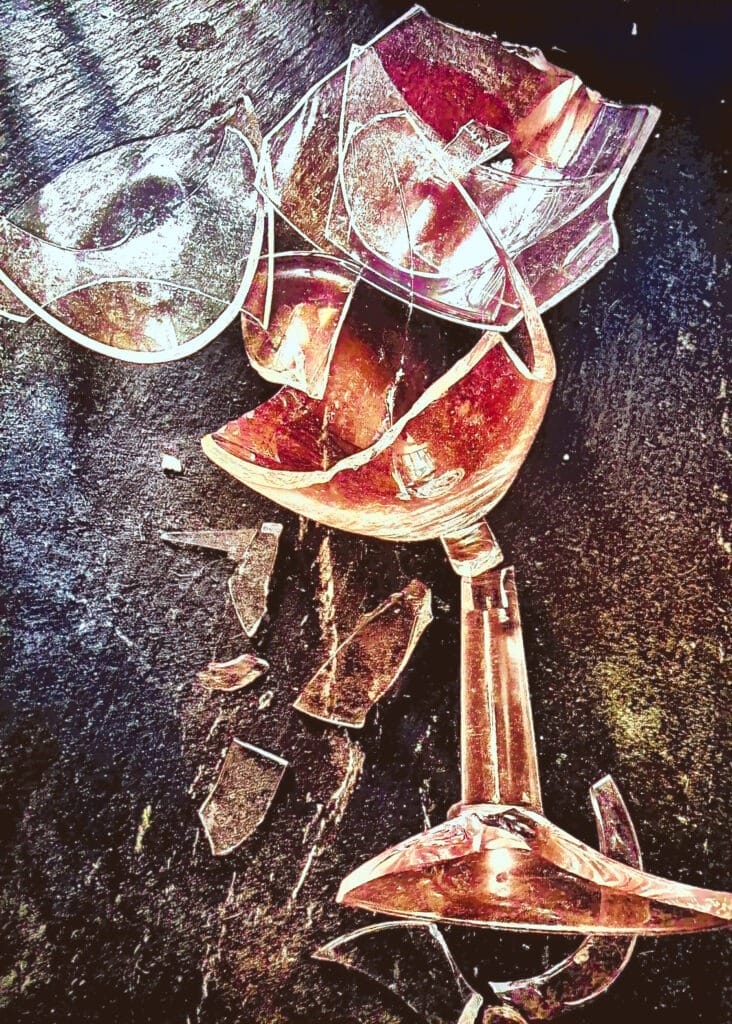
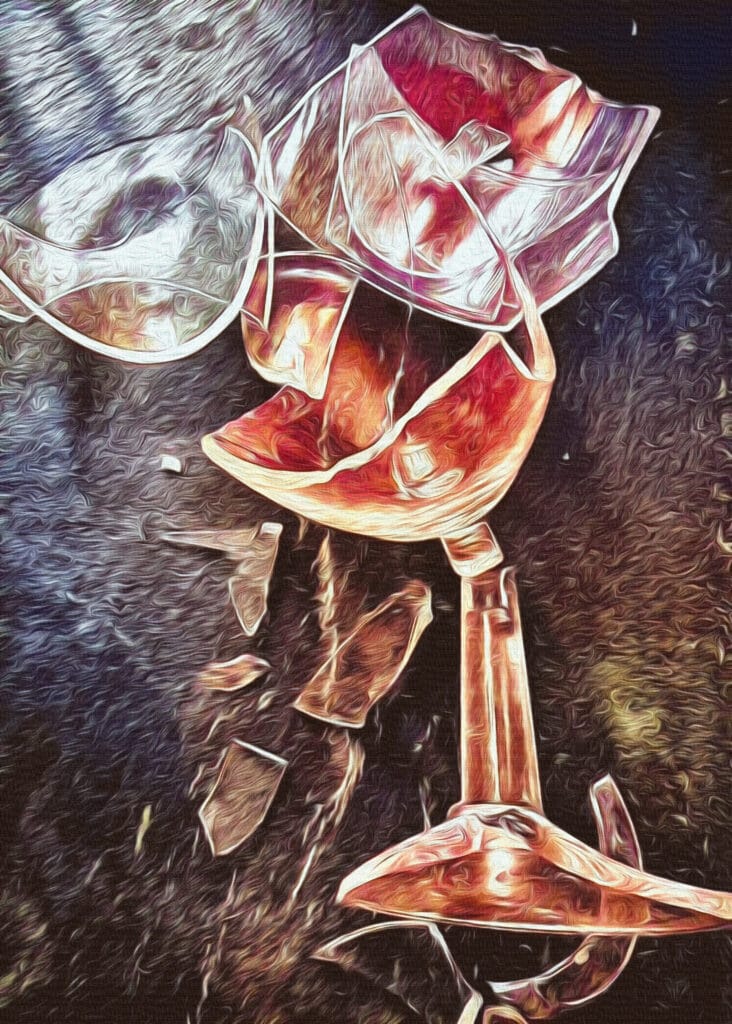
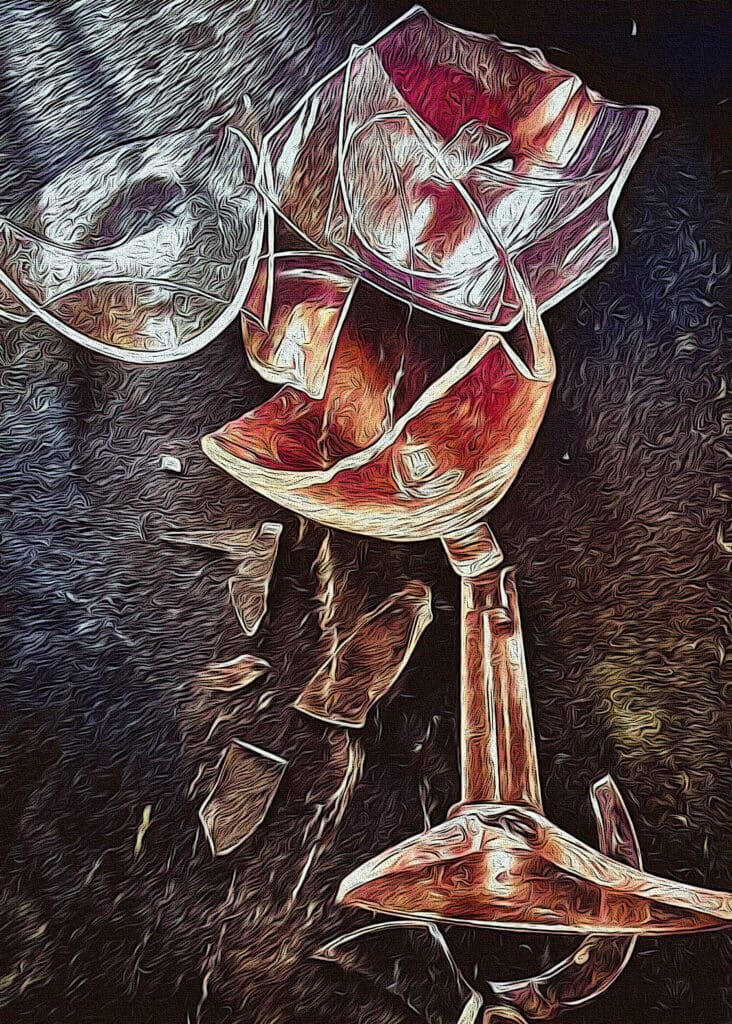
Sobriety vs. Recovery: Understanding the Key Differences and Why They Matter. The journey to an alcohol-free life is more than just putting down the bottle. While many focus on achieving sobriety, the deeper transformation often lies in recovery—a process that involves emotional healing, addressing underlying causes of addiction, and building a fulfilling life beyond alcohol. But what’s the difference? And why is it so important to distinguish between the two?
In this article, we’ll explore the concept of sobriety vs. recovery and how it relates to sober living, mindset coaching, and personal transformation. Whether you’re just beginning your journey or are supporting someone else, understanding these two paths can help unlock lasting change. Let’s dive in and unpack what it truly means to not just quit drinking but to thrive beyond alcohol.
What Is Sobriety?
Sobriety refers to the state of abstaining from alcohol or substances. It’s a straightforward goal: stop drinking. For many, achieving sobriety is the first and often the hardest step.
Key Characteristics of Sobriety:
- Physical Abstinence: The primary focus is on not consuming alcohol.
- Breaking the Habit: It’s about recognizing that alcohol is no longer serving you and choosing to let it go.
- Self-Discipline: Sobriety often relies on willpower, routines, and tools to avoid slipping back into old patterns. Examples of these tools include maintaining a daily journal to track emotions, attending support groups for accountability, and creating structured routines such as a consistent sleep schedule or regular exercise.
While sobriety is crucial, it’s important to remember that simply removing alcohol doesn’t address the deeper issues that may have led to drinking in the first place. This is where recovery comes in.
What Is Recovery?
Recovery goes beyond sobriety. It’s a process of healing, growth, and transformation—both emotionally and mentally. For instance, someone might start addressing childhood trauma through therapy, which leads to improved relationships and a newfound sense of self-worth. This emotional work allows them to replace harmful coping mechanisms with healthier, more fulfilling habits. Recovery involves addressing the root causes of addiction and building a fulfilling life without alcohol.
Key Characteristics of Recovery:
- Emotional Healing: Working through underlying traumas, emotions, or beliefs that contributed to drinking.
- Personal Growth: Developing healthier coping mechanisms, strengthening self-awareness, and fostering resilience.
- Holistic Transformation: Recovery often includes improving relationships, building new habits, and rediscovering passions.
Recovery doesn’t just aim to stop drinking; it’s about rebuilding a life that flourishes. This may include repairing broken relationships, discovering new hobbies, or finding a renewed sense of purpose in both personal and professional spheres.
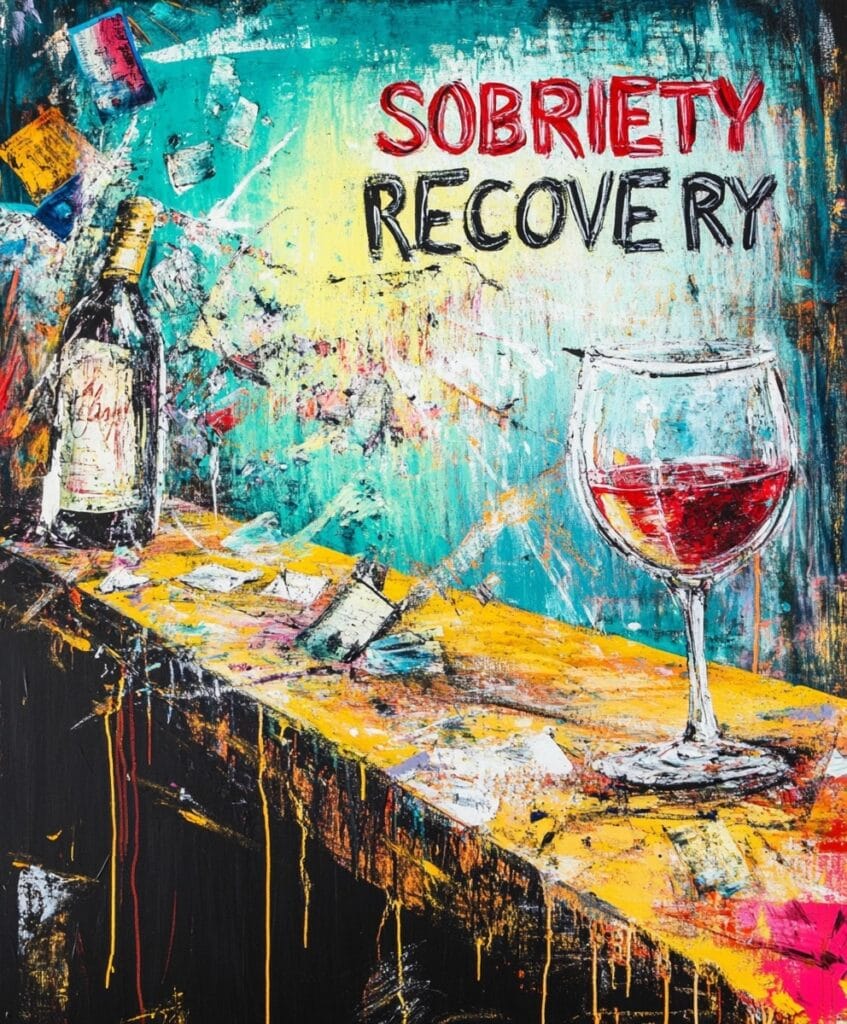
Sobriety vs. Recovery: Why the Difference Matters
Understanding the distinction between sobriety and recovery is crucial for long-term success. Here’s why:
- Sobriety Is the Starting Point, Not the Destination Sobriety is where the journey begins. It’s the foundation upon which recovery is built. However, stopping alcohol alone doesn’t guarantee happiness or fulfilment. Recovery ensures the emotional and mental work needed to sustain an alcohol-free life.
- Recovery Prevents Relapse Without addressing the root causes of addiction, it’s easy to fall back into old patterns. Recovery helps identify triggers, heal past wounds, and build healthier coping strategies. For example, therapy or mindfulness practices can teach you how to navigate stress or emotional challenges without turning to alcohol.
- Recovery Empowers Personal Growth Sobriety can feel like a battle with alcohol. Recovery, on the other hand, shifts the focus to you. It’s about rediscovering your potential, passions, and purpose. You’re no longer fighting against something; you’re moving toward a better version of yourself.
How to Transition from Sobriety to Recovery
Making the shift from sobriety to recovery requires intention and effort. Here’s how to start:
- Embrace Mindset Coaching Mindset coaching is a powerful tool for reframing your relationship with alcohol. It can help you shift from a mindset of deprivation (“I can’t drink”) to one of empowerment (“I choose not to drink because it’s better for me”). Coaching sessions often include visualization exercises and goal-setting practices to keep you focused and inspired.
- Seek Support Recovery often involves connecting with others who understand your journey. Join sober living groups, attend recovery meetings, or participate in programs like Sober Beyond Limits, which combine community and accountability. Sharing experiences with others who’ve faced similar challenges can provide invaluable insights and encouragement.
- Focus on Self-Discovery Take time to reflect on what brings you joy, peace, and purpose. Consider activities like journaling about your happiest memories, practising guided meditations focused on self-discovery, or creating a vision board that aligns with your goals and passions. Recovery is the perfect time to explore new hobbies, relationships, and goals that align with the best version of yourself. You might even consider taking up volunteer work or pursuing a passion project that aligns with your values.
- Incorporate Wellness Practices Recovery thrives on a holistic approach. Incorporate physical wellness through activities like yoga, exercise, or outdoor adventures. Pair this with mental wellness practices, such as mindfulness meditation or regular therapy sessions. These combined efforts can strengthen your resilience and deepen your commitment to living alcohol-free.
Key Differences Between Sobriety and Recovery
| Aspect | Sobriety | Recovery |
|---|---|---|
| Focus | Abstaining from alcohol | Emotional healing and growth |
| Approach | Self-discipline and routines | Holistic transformation |
| Goal | Stop drinking | Build a fulfilling, alcohol-free life |
| Feeling | Control | Freedom |
FAQs About Sobriety vs. Recovery
- Can I recover without being sober? No, sobriety is the foundation of recovery. To heal and grow, you need first to remove the substance that’s holding you back. Sobriety creates the space for healing to begin.
- How do I know if I need recovery instead of just sobriety? If you find yourself struggling with emotions, triggers, or feeling unfulfilled even after quitting alcohol, recovery may be the next step. It focuses on healing the root causes of addiction and building a healthier life. Consider seeking guidance from a coach or therapist to explore this further.
- How long does recovery take? Recovery is an ongoing process. While some people feel significant growth within months, others see it as a lifelong journey of self-discovery and healing. Staying motivated often requires celebrating small victories, seeking support from others, and regularly revisiting your goals to remind yourself of your progress and the life you’re building. Be patient with yourself—growth takes time.
Actionable Steps to Support Your Journey
- Reflect: Ask yourself, “Am I just focused on stopping alcohol, or am I ready to heal and grow?”
- Join a Community: Explore groups like Sober Beyond Limits for support and resources tailored to your alcohol-free journey.
- Start Journaling: Write down your thoughts, triggers, and progress. This can help you track your growth and understand your emotions.
- Explore Coaching: Mindset coaching can help reframe your approach to sobriety and recovery. Coaches can offer tailored strategies and emotional support to help you stay on track.
- Celebrate Milestones: Acknowledge and celebrate each step you take in your journey, no matter how small. Rewarding progress can reinforce positive behaviours and motivate you to keep going.
By distinguishing between sobriety and recovery, you can set yourself up for lasting success and a truly fulfilling alcohol-free life. The path isn’t always easy, but it’s absolutely worth it with the right tools, support, and commitment. Remember, this journey is about more than just removing alcohol—it’s about rediscovering and embracing the best version of yourself.